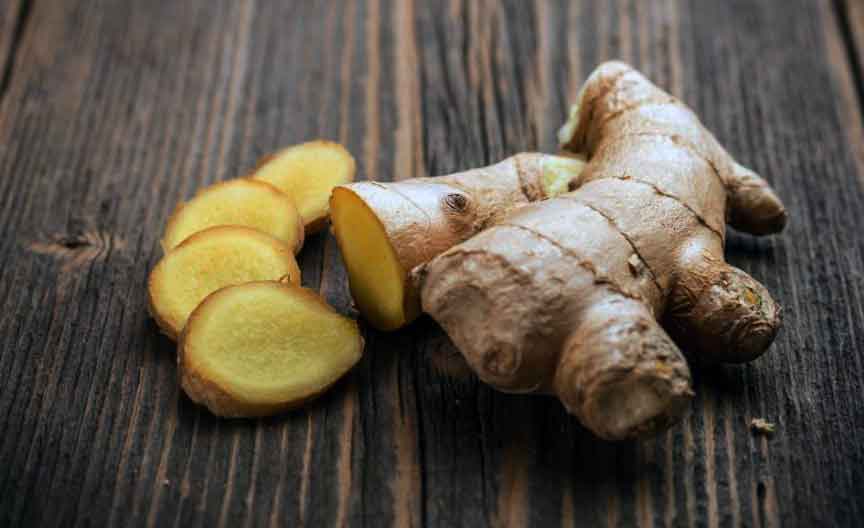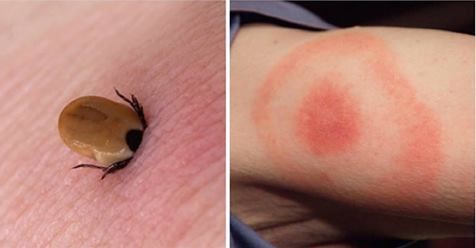Gingersnaps, gingerbread and candied ginger are old-time sweet treats that everybody knows, but you may be less familiar with the health benefits of ginger. Got a chill in your bones that won’t go away or a queasy belly after one too many nachos? A cup of ginger root tea will quickly soothe the sore stomach and warm your insides. Ginger has long been a remedy for nausea and the common cold, and those are just a few basic body fixes.
Gingerol, the primary active ingredient in ginger, is a muscular stimulant for the digestive tract and increases stomach secretions. Asian cultures have known this for thousands of years, and many Asian meals have ginger, either as a spice, pickle or condiment to ensure that the meal will be digested properly for good health. Gin-Gins, a ginger candy, is becoming a popular alternative to the after dinner mint, and warms the system after a large meal. Of course, you may not need those if you ate Chef John’s hot ginger chicken wings, a salad with ginger dressing, or ginger macarons with chocolate ganache first. Ginger pairs well with fruit, root vegetables, and pretty much everything; Japanese, Chinese, and Indian cuisines are good references if you want to learn how to combine ginger into your daily diet.
Ginger can also help you move those extra inches off your waist; the digestive abilities of ginger also help impact metabolism. The enzyme that is necessary for governing the body’s metabolism, glutathione-s-transferases (GST), helps to keep body processes consistent and moving. It increases the activity of smooth muscle tissues in the intestines and is helpful for alleviating constipation and gastroparesis. Nausea from chemotherapy is sometimes improved by the use of ginger, and studies show that ginger oil may have ovarian and skin cancer fighting properties. This is not surprising as ginger belongs to the same family as turmeric, a spice that has the highest ORAC (antioxidant) value currently known.
The ginger plant (Zingiber officinale) is relatively easy to grow, but it is a tropical plant; winter it inside until the weather is warm enough. You can plant pieces of ginger root just like a potato, about an inch below the soil with the eye buds face up. The strength of the root equals the age, so if you want strong flavor use older, larger roots when cooking.
Before taking ginger as a supplement, check with your pharmacy for conflicts with your current medications. Ginger oil is not recommended if you have gallstones or a blood clotting disorder, but that doesn’t mean you can’t enjoy the root in your food – supplements have a much higher concentration of gingerol – so follow the recipe links in this article and get some ginger in your diet. Healthy never tasted so good!



